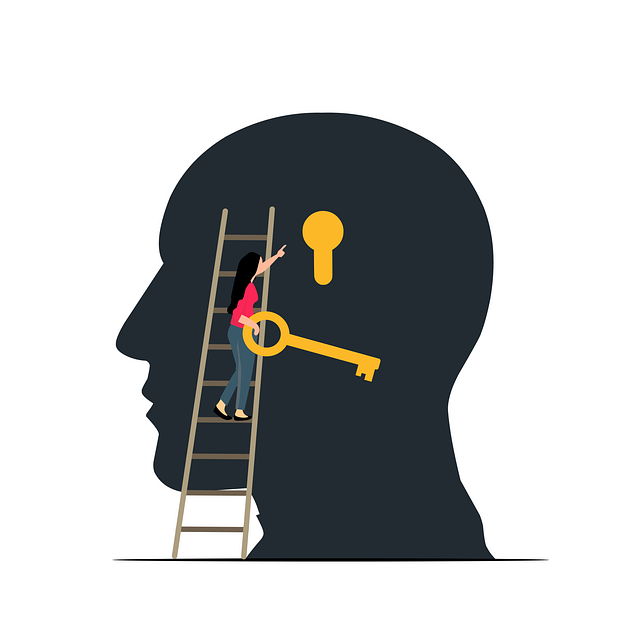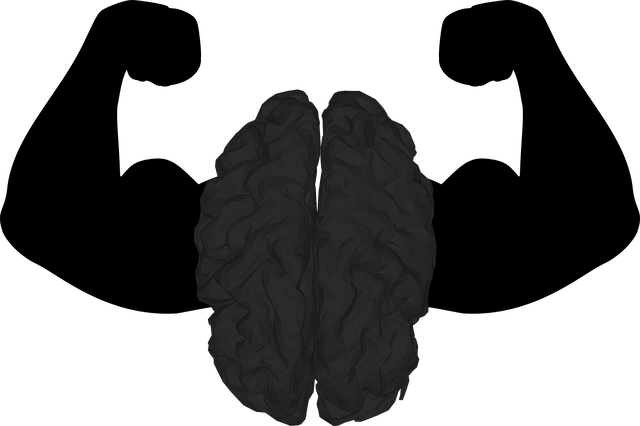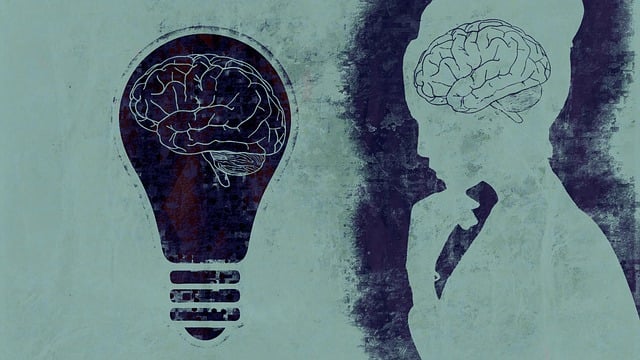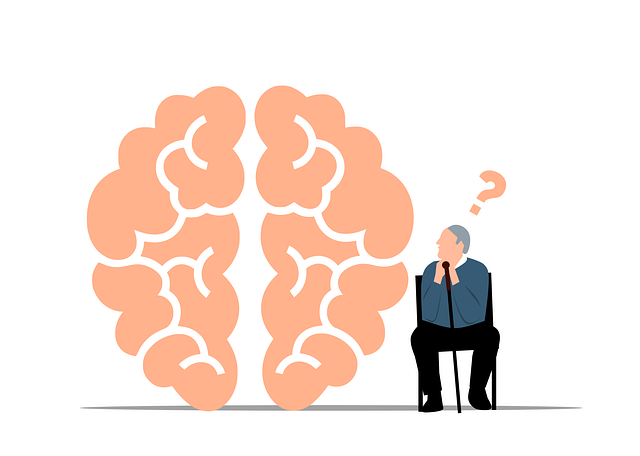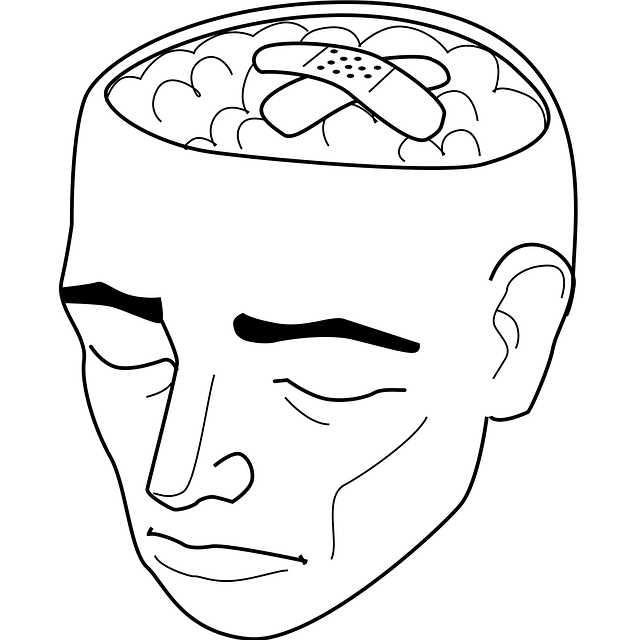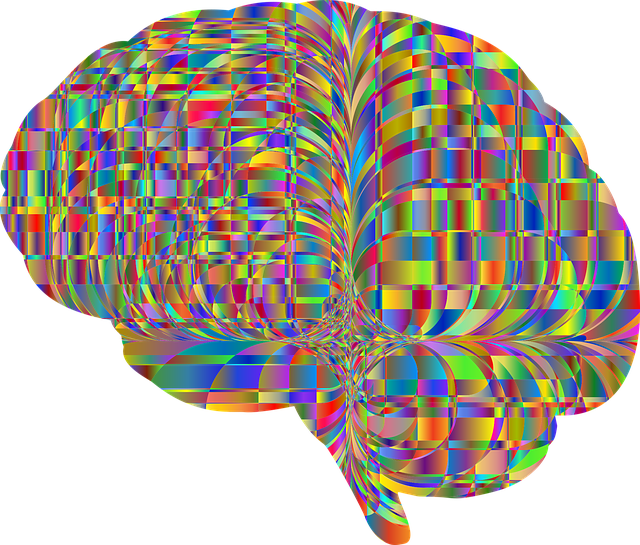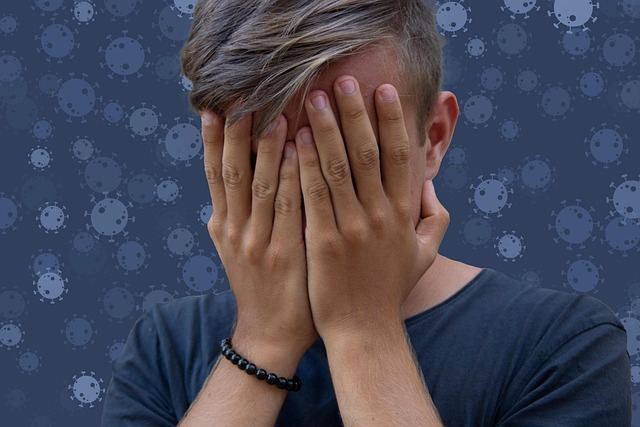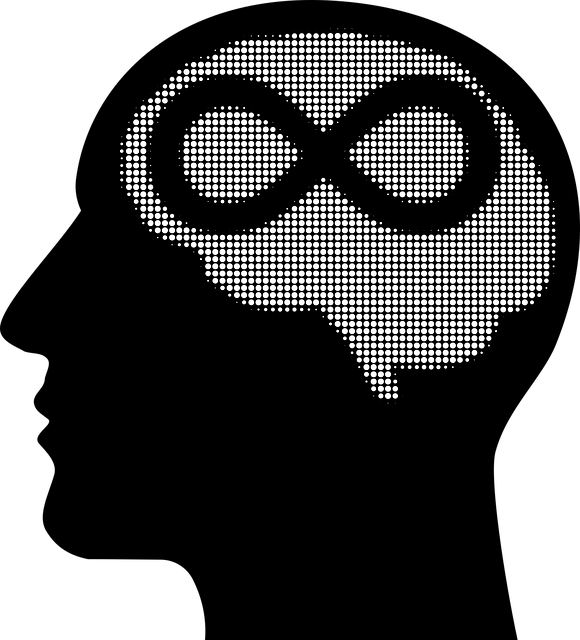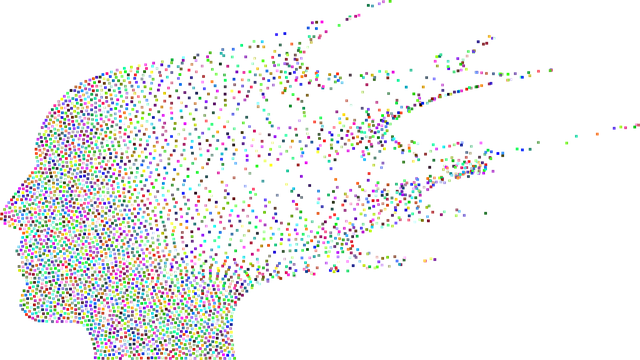Children's responses to loss and grief vary with age, making early intervention crucial. Therapy for Children with ADD-ADHD, combined with public awareness campaigns, can effectively manage these emotions. Journaling, mindfulness meditation, and counseling offer safe outlets for emotional expression, fostering resilience. Specialized therapy approaches like CBT cater to unique ADD/ADHD needs, improving focus and decision-making. This holistic support promotes healing, prevents burnout, and contributes to the overall well-being of children navigating loss.
Loss, grief, and bereavement can profoundly impact children, especially those with Attention Deficit Disorders (ADD) or ADHD. This article explores these complex emotions, offering insights into how counseling plays a vital role in helping kids cope with sadness. We delve into specialized therapy approaches tailored for ADD-ADHD individuals, providing support through the healing process. By understanding loss and its effects on young minds, parents and caregivers can access effective tools to guide children toward resilience and emotional well-being.
- Understanding Loss, Grief, and Bereavement in Children
- The Role of Counseling in Coping with Sadness
- Specialized Therapy Approaches for ADD-ADHD Kids
- Supporting Children Through the Healing Process
Understanding Loss, Grief, and Bereavement in Children

Children experience loss, grief, and bereavement just as adults do, but their responses can be unique and complex. Understanding a child’s emotional landscape in times of loss involves recognizing that their capacity for understanding and expression of grief varies with age. Young children might struggle to grasp the concept of death, while adolescents may face challenges in processing their emotions due to hormonal changes and developing independence.
Therapy for Children with ADD-ADHD can be invaluable in navigating these complex emotions. Public Awareness Campaigns focused on Mental Wellness emphasize the importance of early intervention and support. Journaling exercises and mindfulness meditation practices have shown promise in helping children cope with loss, providing them with healthy outlets to process their feelings and fostering resilience. These strategies, combined with guidance from a trained therapist, can help young individuals work through their grief and bereavement in developmentally appropriate ways.
The Role of Counseling in Coping with Sadness

Counseling plays a vital role in helping individuals cope with sadness and grief resulting from bereavement. It provides a safe space for expression, allowing people to process their emotions openly. Through active listening and empathy, counselors facilitate a journey of healing, offering tools for managing intense feelings. By integrating positive thinking techniques and stress reduction methods, counseling sessions empower clients to navigate their sorrow with resilience. This support is especially crucial for children dealing with loss, as therapy for children ADD-ADHD tailored to their unique needs can help them process grief while fostering healthy coping mechanisms.
The cultural sensitivity in mental healthcare practice is a key aspect of bereavement counseling. Counselors must be adept at respecting diverse belief systems and traditional mourning rituals, ensuring inclusive support. This approach respects the client’s identity and promotes a deeper sense of understanding during their healing process. Effective counseling considers these cultural nuances, contributing to the overall positive outcome of grief management.
Specialized Therapy Approaches for ADD-ADHD Kids

Specialized therapy approaches tailored for children with Attention Deficit Disorder (ADD) or Attention Deficit Hyperactivity Disorder (ADHD) are instrumental in managing their unique challenges. These therapeutic interventions recognize the distinct needs and cognitive profiles of ADD-ADHD kids, offering strategies to enhance focus, improve impulse control, and foster better decision-making skills.
One such approach is Cognitive Behavioral Therapy (CBT), which helps children identify and challenge negative thought patterns and behaviors. Mindfulness-based therapies are also gaining traction, teaching children techniques to stay present and manage their symptoms effectively. Additionally, parents and caregivers play a crucial role in supporting their child’s therapy by implementing consistent routines, providing structured environments, and fostering open communication. These comprehensive strategies not only aid in symptom management but also contribute to the overall well-being of ADD-ADHD kids, preventing potential burnout and promoting healthy development while increasing public awareness campaigns for depression prevention.
Supporting Children Through the Healing Process

Supporting children through their grief journey is an essential aspect of loss, grief, and bereavement counseling. When a family experiences the death of a loved one, children often struggle to comprehend and process their emotions, which can manifest in various behaviors. Therapy for Children with ADD-ADHD can be highly effective in this context as it offers tailored strategies to address their unique needs. Through structured sessions, therapists help these young individuals express their feelings, providing a safe space to grieve and heal.
The healing process involves teaching children coping mechanisms, such as self-care practices, to manage their emotions effectively. Mind Over Matter principles can empower them to reframe negative thoughts and foster resilience. Additionally, risk assessment for mental health professionals is crucial to ensure the well-being of both the child and the therapist, especially when dealing with complex cases. By implementing these strategies, counselors contribute to a more comprehensive and nurturing environment, aiding children in their journey towards emotional recovery.
Loss, grief, and bereavement can profoundly impact children, especially those with Attention Deficit Disorders (ADD) or Attention Deficit Hyperactivity Disorder (ADHD). This article has explored the unique challenges these kids face when coping with sadness and loss. By understanding the role of counseling in their healing process, parents and caregivers can access specialized therapy approaches tailored to support ADD-ADHD children. Through these strategies, kids can learn healthy ways to process emotions, navigate difficult feelings, and ultimately find comfort and growth after loss.
